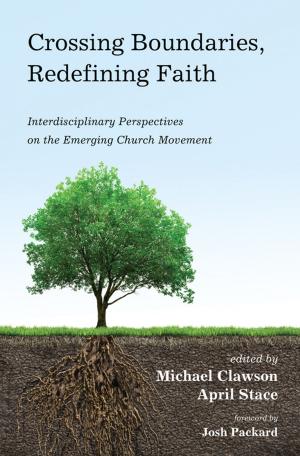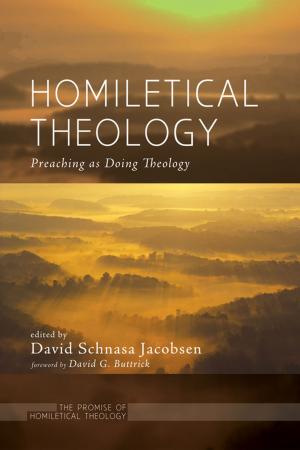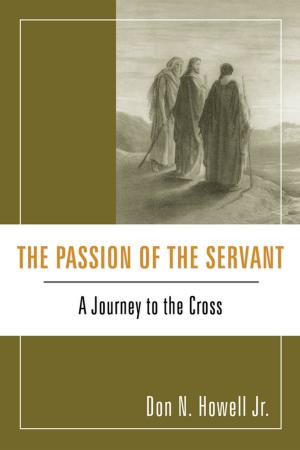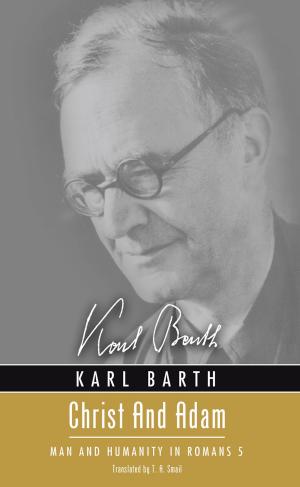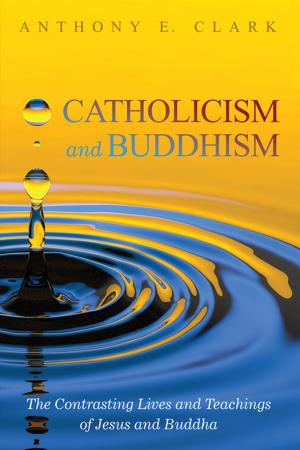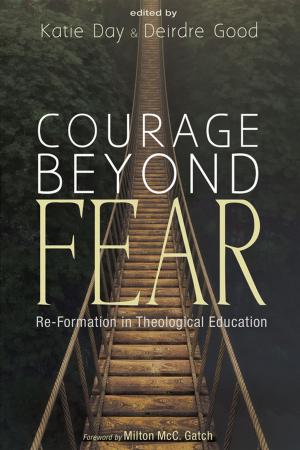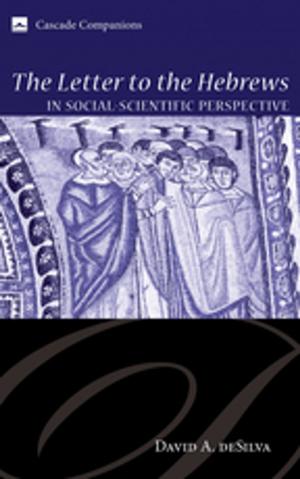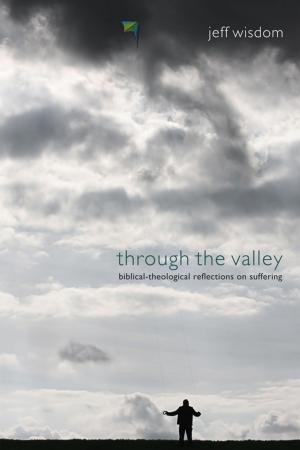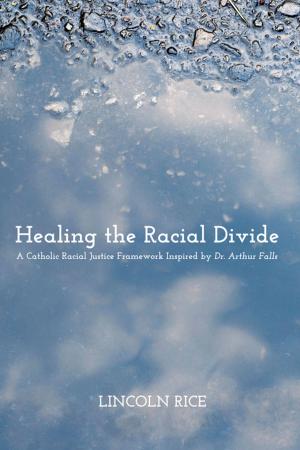The Tangled Bank
Toward an Ecotheological Ethics of Responsible Participation
Nonfiction, Religion & Spirituality| Author: | Michael S. Hogue | ISBN: | 9781630878672 |
| Publisher: | Wipf and Stock Publishers | Publication: | May 15, 2008 |
| Imprint: | Pickwick Publications | Language: | English |
| Author: | Michael S. Hogue |
| ISBN: | 9781630878672 |
| Publisher: | Wipf and Stock Publishers |
| Publication: | May 15, 2008 |
| Imprint: | Pickwick Publications |
| Language: | English |
In response to the confluence of moral uncertainty with the increase of human power to alter nature, and through critical integration of the philosophical naturalism of Hans Jonas and the critical religious naturalism of James M. Gustafson, The Tangled Bank argues for an ecotheological ethics of responsible participation. By making the case that the moral pressures of our time call for a vision that is as deeply naturalistic as it is deeply theological, a critical perspective is advanced that is attuned to human embeddedness within nature as well as to human distinctiveness. In support of this, a moral anthropological method is deployed as a creative new way to integrate the comparative, critical, and constructive tasks of theological ethics. The insights of Hans Jonas and James M. Gustafson, interpreted comparatively for the first time, are critically drawn together to suggest new directions for scholarship and teaching in theology and religion and science studies.
In response to the confluence of moral uncertainty with the increase of human power to alter nature, and through critical integration of the philosophical naturalism of Hans Jonas and the critical religious naturalism of James M. Gustafson, The Tangled Bank argues for an ecotheological ethics of responsible participation. By making the case that the moral pressures of our time call for a vision that is as deeply naturalistic as it is deeply theological, a critical perspective is advanced that is attuned to human embeddedness within nature as well as to human distinctiveness. In support of this, a moral anthropological method is deployed as a creative new way to integrate the comparative, critical, and constructive tasks of theological ethics. The insights of Hans Jonas and James M. Gustafson, interpreted comparatively for the first time, are critically drawn together to suggest new directions for scholarship and teaching in theology and religion and science studies.

